Abstract
Play and curiosity are unmistakable signatures of an active mind. It is perhaps unsurprising then, that recent
advances in machine learning and robotics have used algorithmic approximations of curiosity to build artificial
agents that explore, learn, and plan more effectively. This burgeoning interest in the computational study of
curiosity and exploration is accompanied by a long history of studies linking play and learning in people and
animals.
After more than a century of research, what has the cognitive science of play taught us, and what is the path
forward? Reaching a field-wide consensus will require conversations between different empirical and computational
perspectives. This full-day workshop brings together researchers studying animals, humans, and artificial agents
to explore the full complexity of play and its relationship to learning, thinking, and planning.
Full workshop description.
Organizers
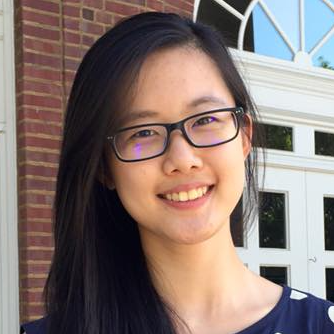
Junyi Chu
Massachusetts Institute of Technology
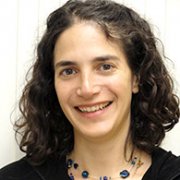
Laura Schulz
Massachusetts Institute of Technology
Invited Speakers
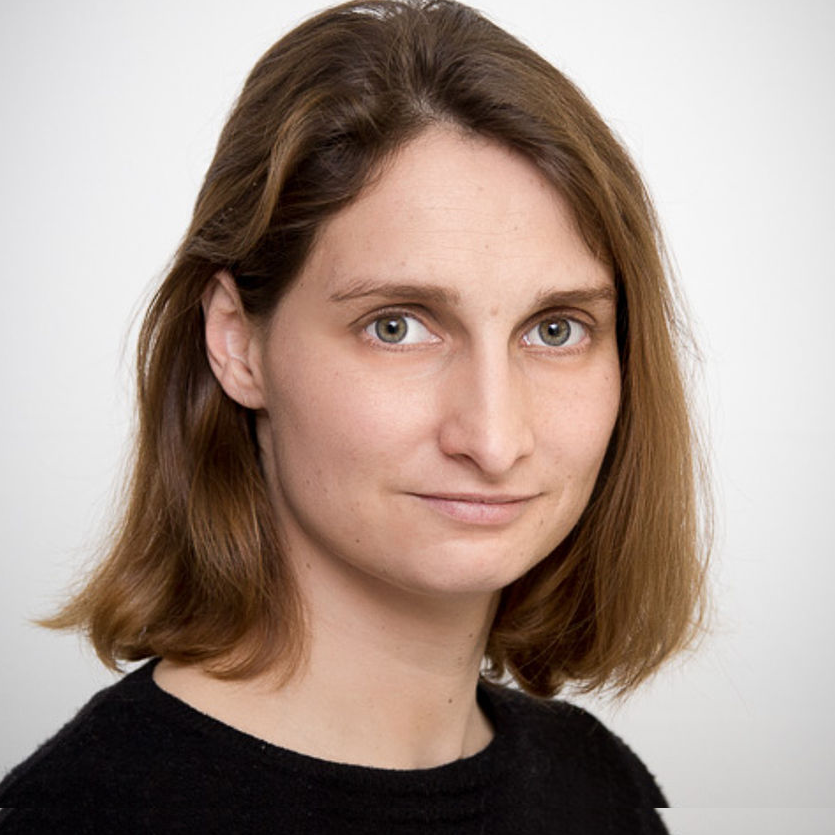
Alice Auersperg
University of Veterinary Medicine Vienna
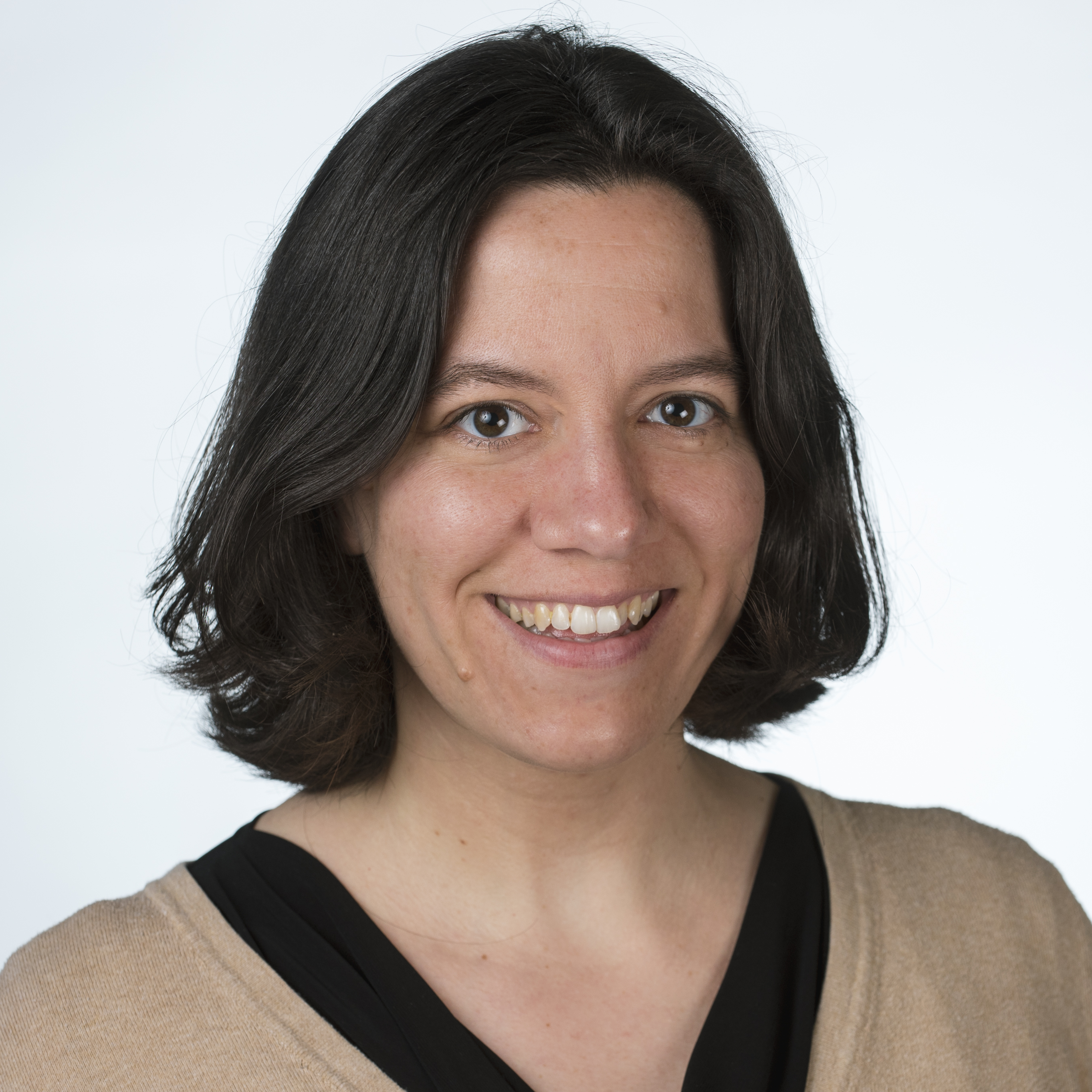
Elizabeth Bonawitz
Harvard University

Junyi Chu
Massachusetts Institute of Technology
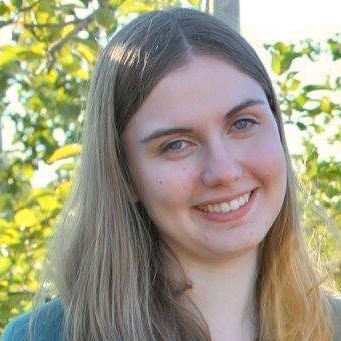
Natalie Evans
Temple University

Alison Gopnik
University of California, Berkeley
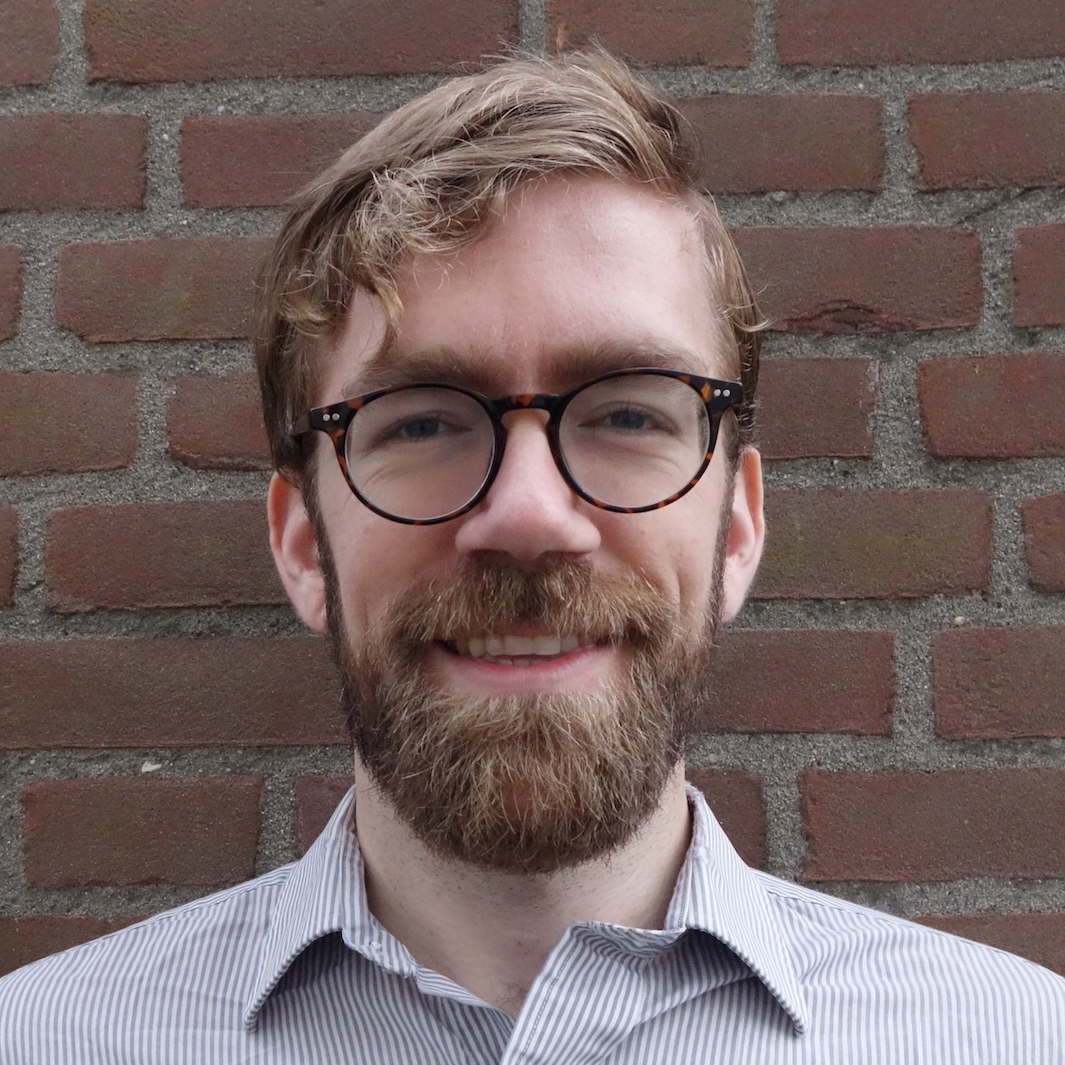
George Kachergis
Stanford University

Tristan Karch
Inria Bordeaux
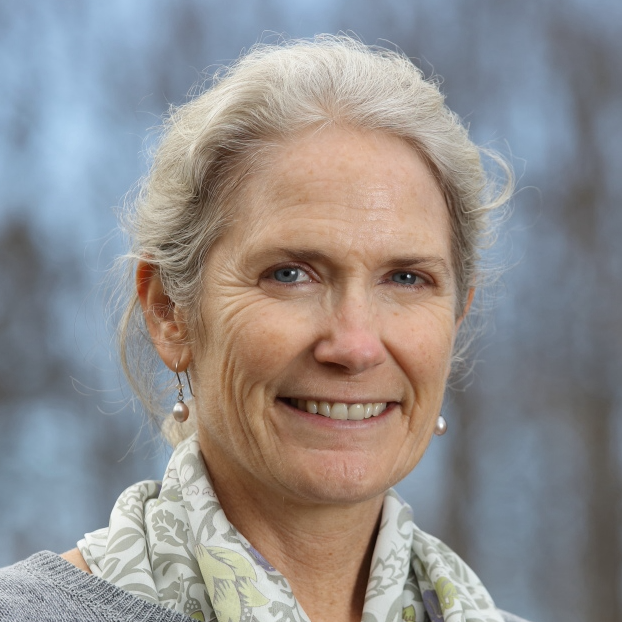
Angeline Lillard
University of Virginia
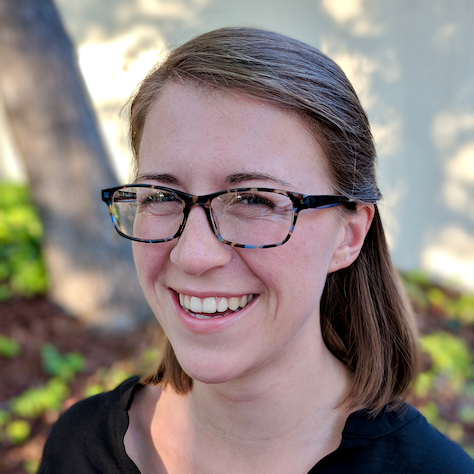
Emily Liquin
Princeton University
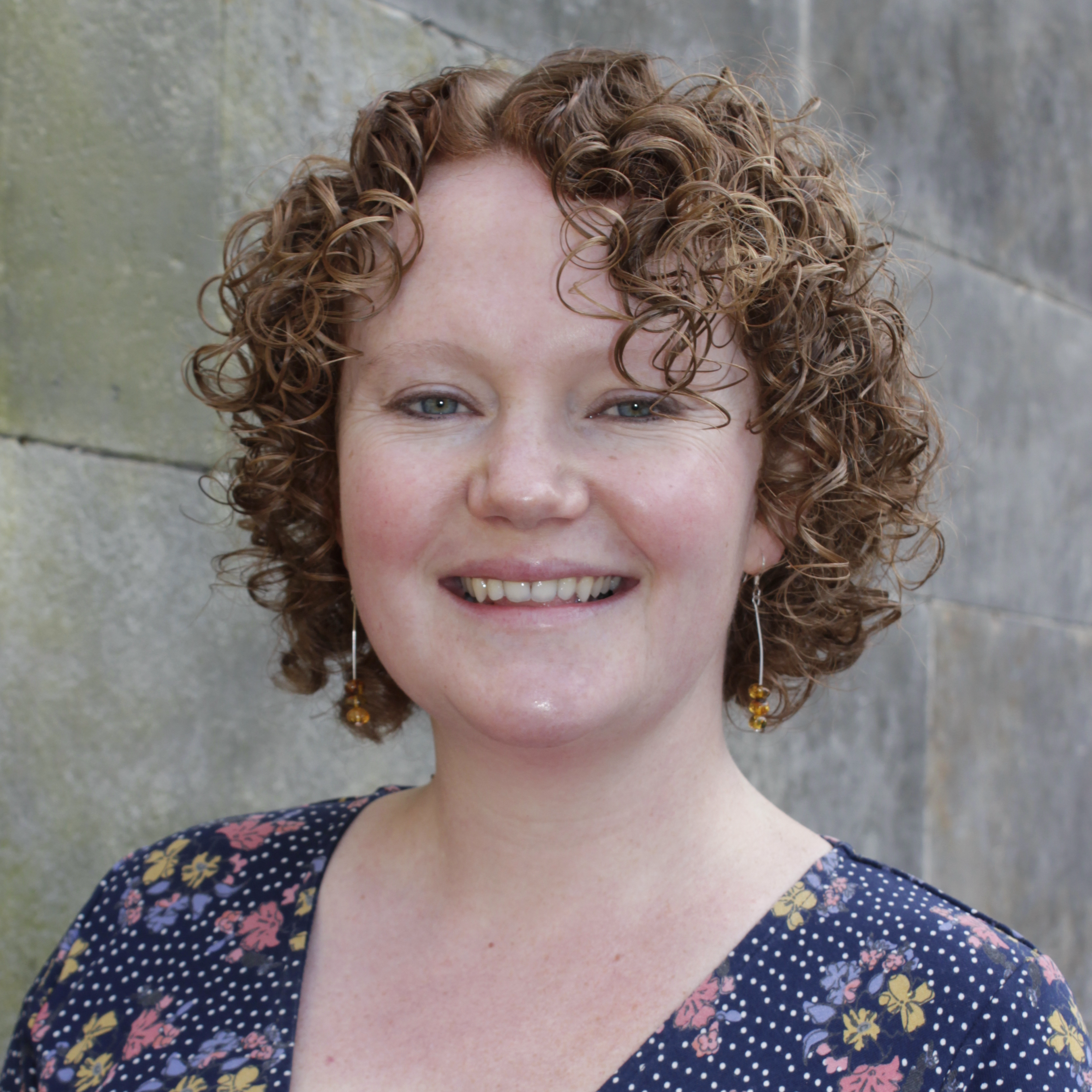
Amanda Seed
University of St Andrews
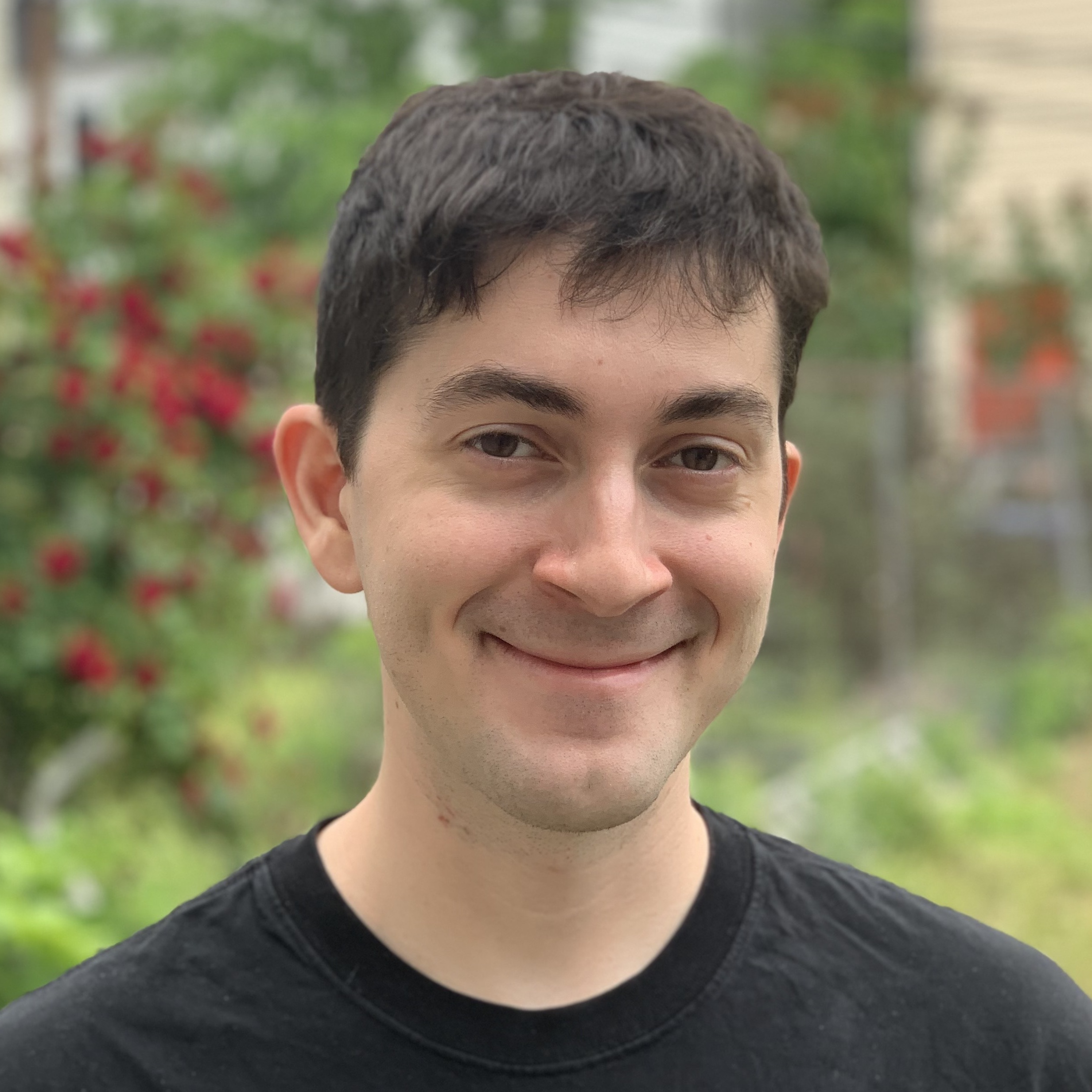
Tom Silver
Massachusetts Institute of Technology
Workshop Schedule
All times are in EDT (UTC -4) and subject to change; please check day of for most up-to-date schedule.
The workshop will take place over Zoom (link tba)
| Time (EDT) |
Speaker |
Affiliation |
Title |
| 8:30 - 8:40 AM |
|
Opening remarks |
| 8:40 - 10:20 AM |
Session 1: Play for Learning and Creativity |
| 8:40 - 9:00 AM |
Amanda Seed | University of St. Andrews |
Exploratory play and learning |
| 9:00 - 9:20 AM |
Alice Auersperg | University of Veterinary Medicine Vienna | Object play and tool innovation in animals |
| 9:20 - 9:40 AM |
Natalie Evans | Temple University | The role of exploration in children's creativity |
| 9:40 - 10:00 AM |
Angeline Lillard | University of Virginia | Montessori: Education as Play |
| 10:00 - 10:20 AM |
|
Session 1 Discussion |
| 10:20 - 10:40 AM |
|
Coffee Break |
| 10:40 AM - 12:00 PM |
Session 2: Play and Computation |
| 10:40 - 11:00 AM |
Tristan Karch | Inria Bordeaux | Intrinsically motivated autonomous learning |
| 11:00 - 11:20 AM |
Tom Silver | MIT | Goal babbling for learning predictive models for planning |
| 11:20 - 11:40 AM |
George Kachergis | Stanford University | Modeling developmental changes in curiosity about physical interactions |
| 11:40 AM - 12:00 PM |
|
Session 2 Discussion |
| 12:00 - 1:00 PM |
|
Meal Break |
| 1:00 - 2:40 PM |
Session 3: Play and Curiosity |
| 1:00 - 1:20 PM |
Alison Gopnik | UC Berkeley | Exploration decisions across development |
| 1:20 - 1:40 PM |
Elizabeth Bonawitz | Harvard University | Curiosity: A Behavioral and Neurological Account in Development |
| 1:40 - 2:00 PM |
Emily Liquin | Princeton University | Drivers of curiosity: a computational account |
| 2:00 - 2:20 PM |
Junyi Chu | MIT | Play for Problems |
| 2:20 - 2:40 PM |
|
Session 3 Discussion |
| 2:40 - 3:00 PM |
|
Coffee Break |
| 3:00 - 4:00 PM |
Closing Session |
| 3:00 - 3:50 PM |
|
End of day discussion (Facilitators: Laura Schulz, Junyi Chu) |
| 3:50 - 4:00 PM |
Laura Schulz |
Closing Remarks |











